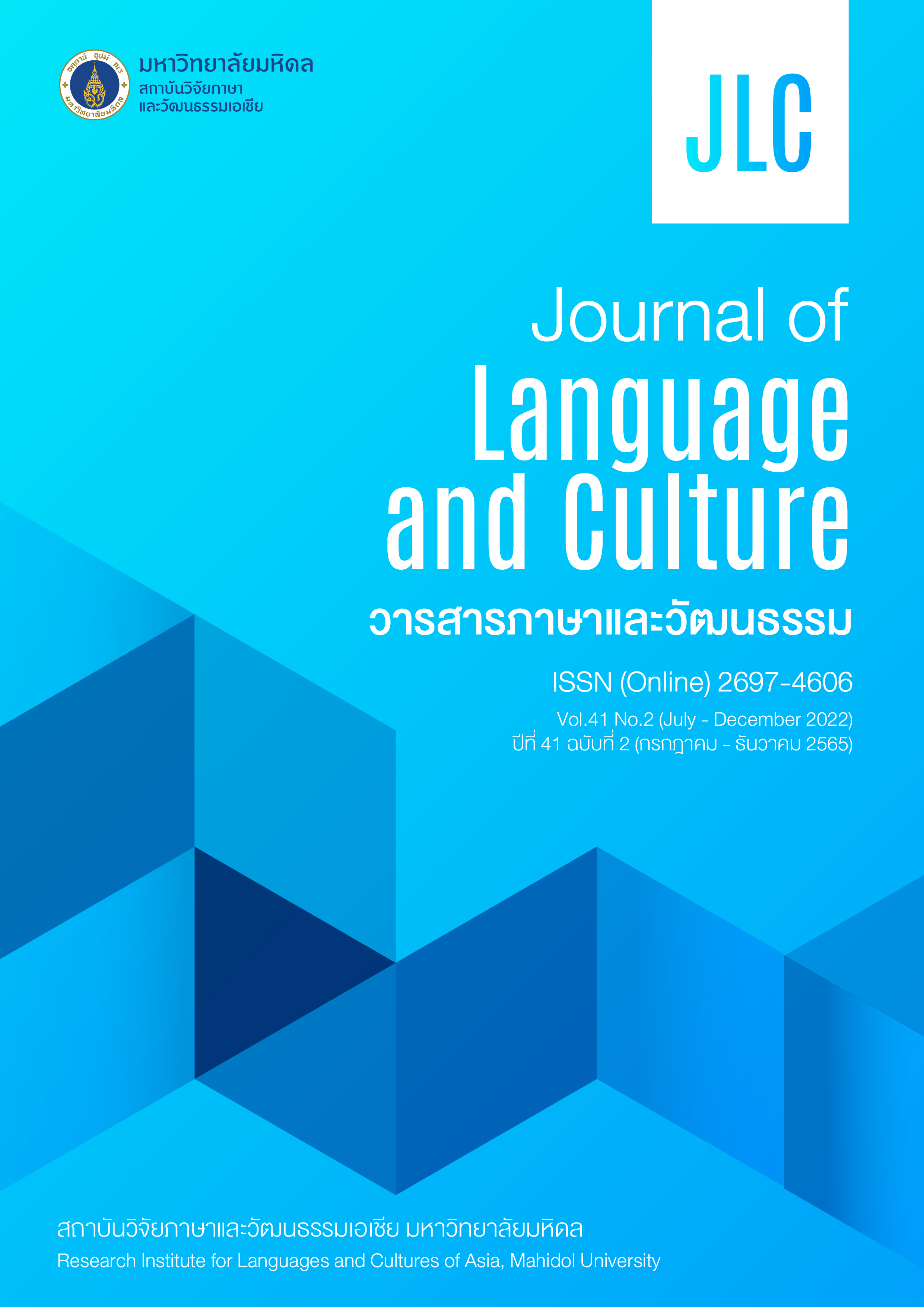Meaning of the Dhamma: The codes of conduct of the modern nation’s citizens
Main Article Content
Abstract
This study attempts to account for the nuance changes of laymen religious thought in modern Thailand. These changes reflect progressive shifting in the codes of conduct of the nation’s citizens. Codes of conduct derived from the events of colonial and post-colonial eras raised an issue of contradictions between Buddhism and Marxism. Historically, the colonial era opened the door to the capitalist economic system, which raised pivotal questions about religious modernizing in Thai Buddhism. Post-colonial time, rather appeared modernist Buddhist in a new class structure than previous. The literal middle class, whose profession is journalist or civil servant, published commentaries of Marxist theory in Aksornsarn Magazine, 1949 – 1952. These articles are containers of the nuanced conflicts between traditional and new codes of conduct of national’s citizens. The conflicts relied on bringing the understatements social status of the working class to the government's attention. Buddhism alone couldn’t generate the formation of a society’s economically working ethic. A society needs Marxist theory of dialectic materialism and historical materialism to infuse men’s morals with the economic sense. The modernist Buddhists’ analysis based on Marxist theory focused on paving the ways of understanding in the political situation at that time. Despite the fact that the Pridi-Aksornsarn group does get involved with the Communist party of Thailand, they could only support ideologies about justice for the working class. When Chinese merchants finished establishing the worker union, the magazine was already forced to stop and many writers went into exile. Modern Buddhism does concern what was the response to the dominant ideology of that time and prefer the materialistic ways of thinking. This is an intellectual phenomena empowered by the Marxism theories and innovative form of Buddhist-Marxist’s literature expression is the other modality of modern Buddhism in Thailand.
Article Details
The articles featured in the Journal of Language and Culture (JLC) constitute academic works representing the viewpoints of the respective author(s). It is crucial to note that these opinions do not necessarily reflect those of the Editorial Board.
All articles published in JLC are released under the Creative Commons Attribution 4.0 International License (CC BY 4.0). This license grants permission for unrestricted use, distribution, and reproduction in any medium, provided proper credit is given to the original author(s) and the source.


